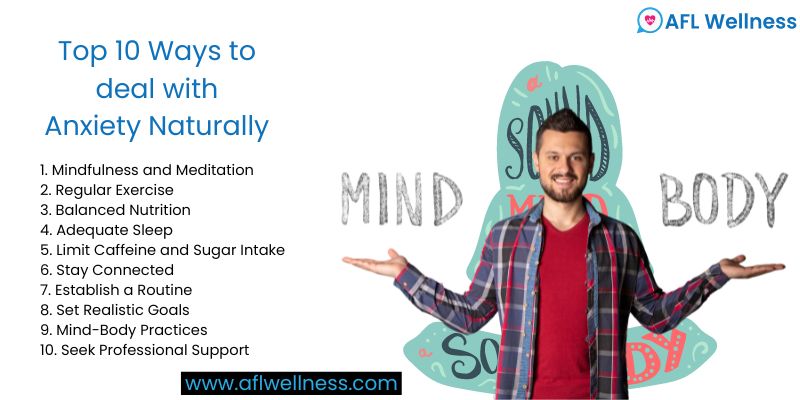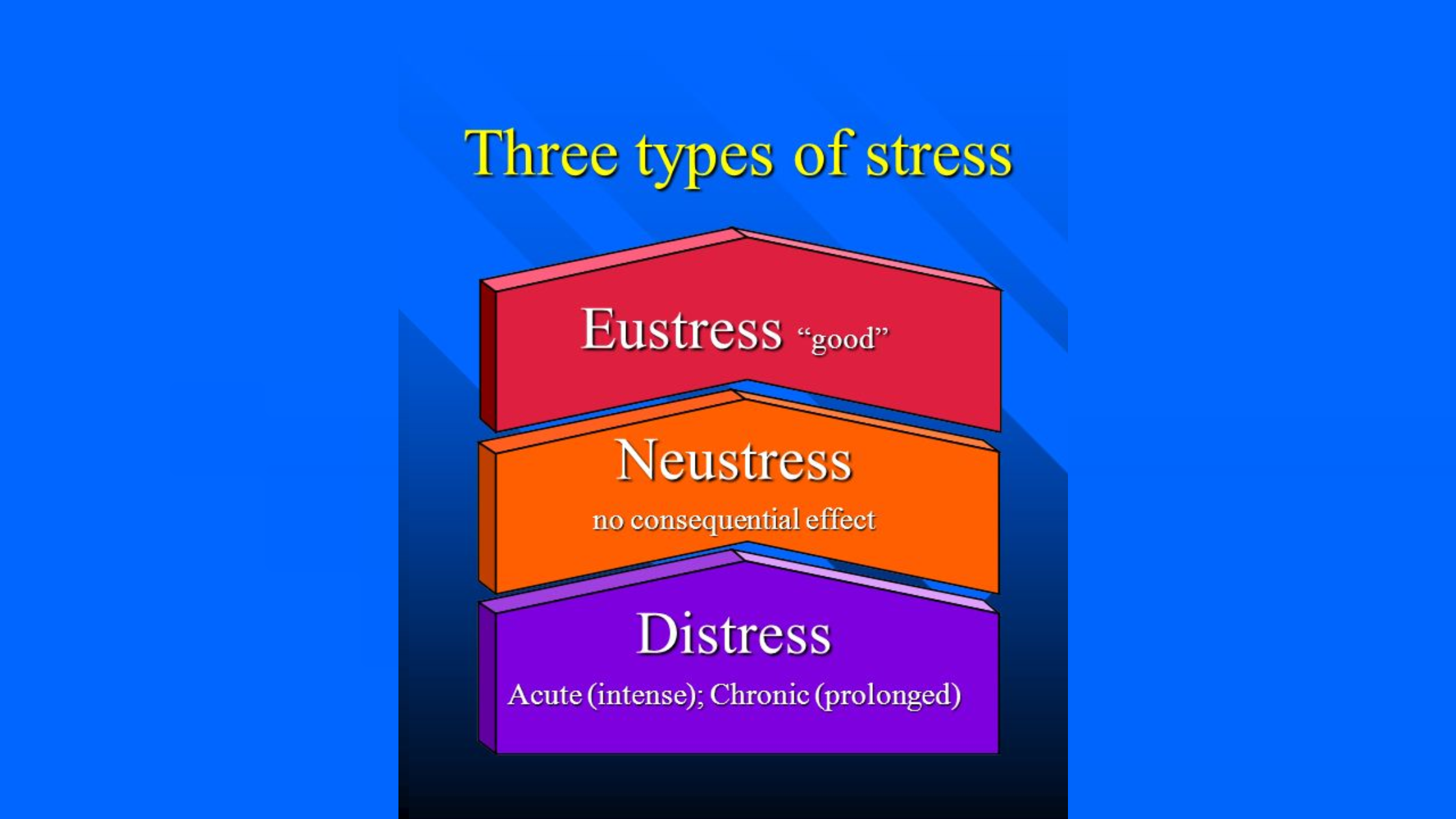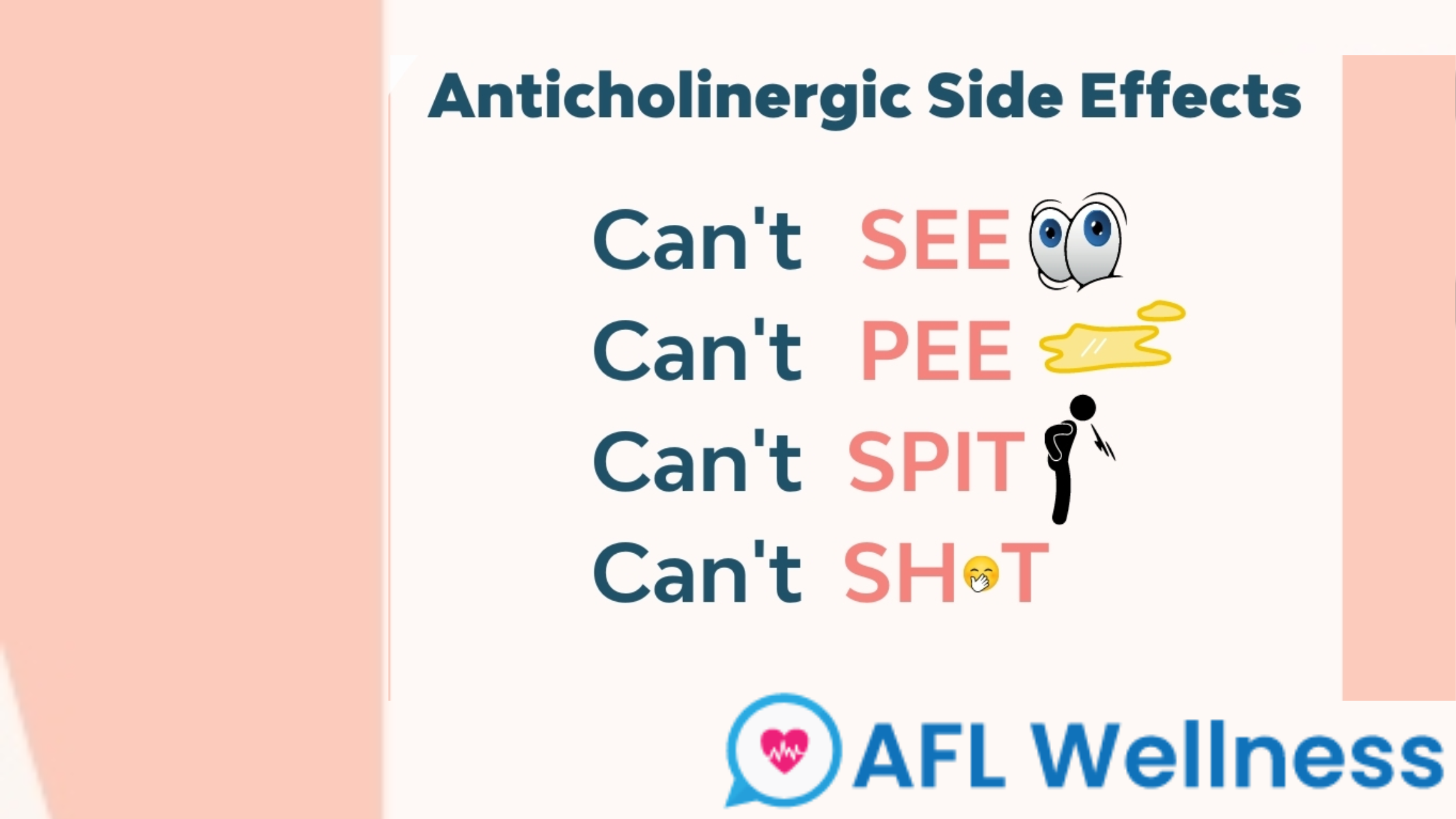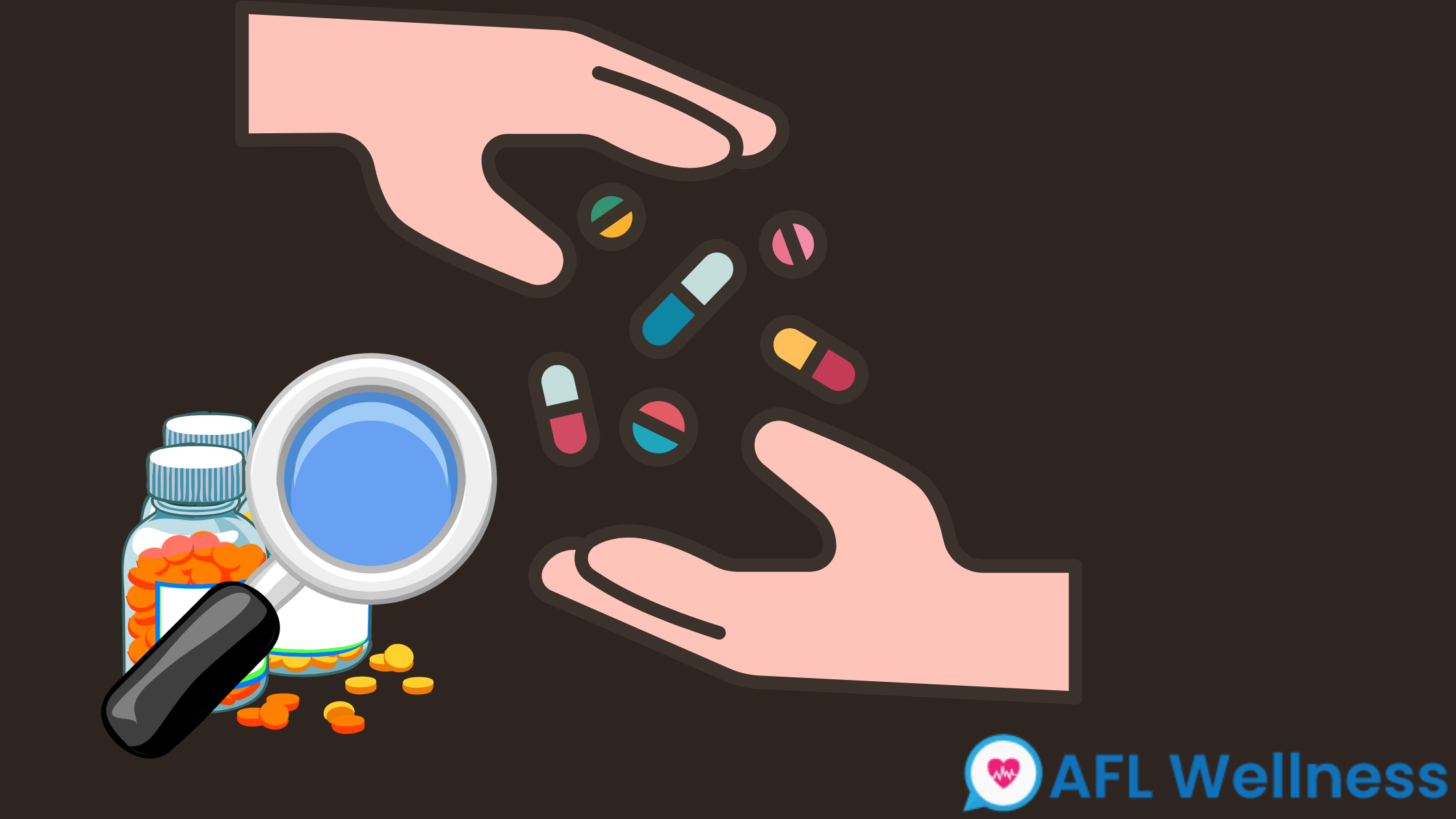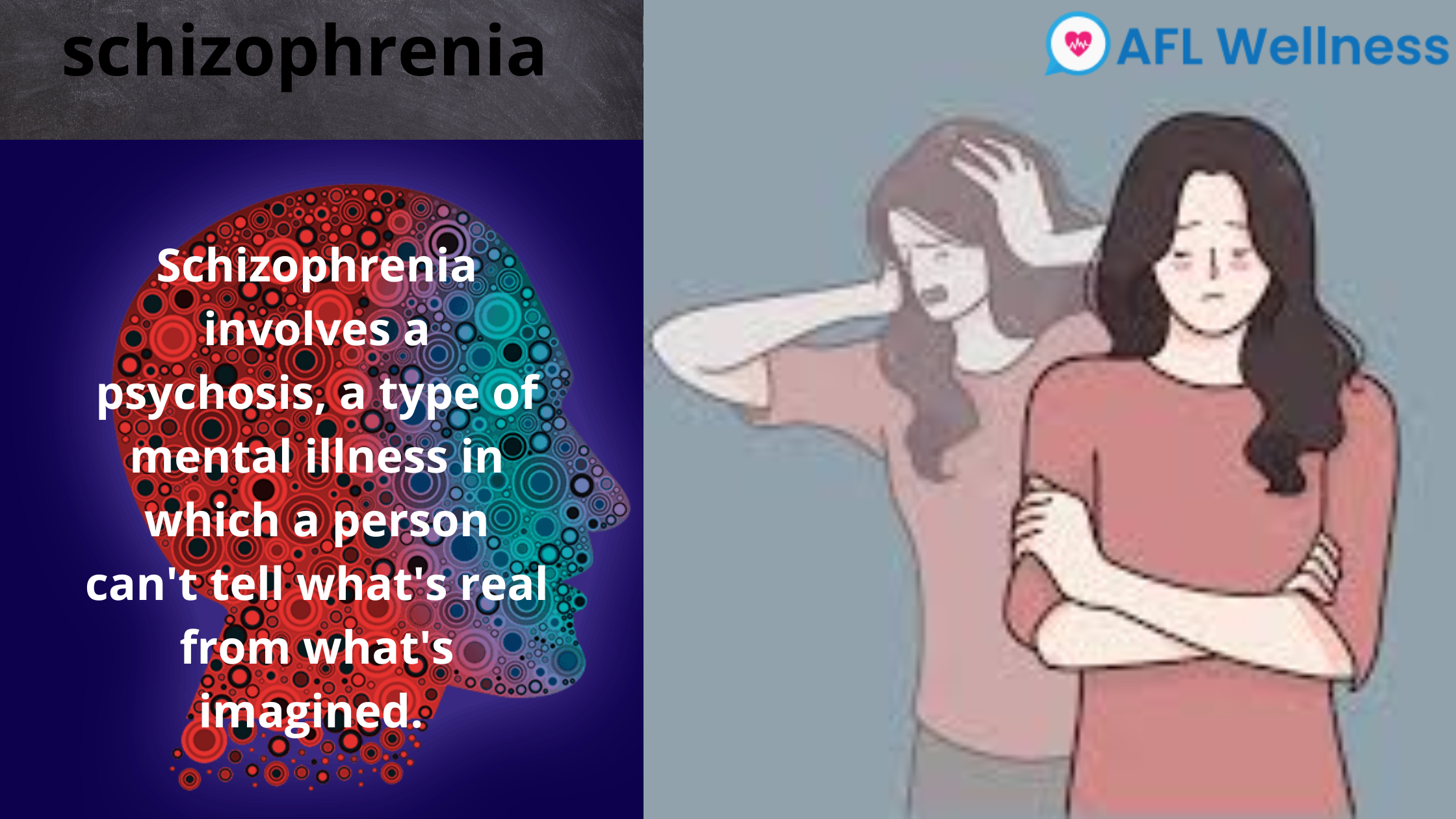
January 30, 2026
Symptoms of Schizophrenia
Around 1% of the population suffers from symptoms of Schizophrenia. This disease causes the inability to perform tasks, work, or think wisely. The precise reason for Schizophrenia is unknown. The study suggests various physical, genetic, psychological, and environmental aspects that make an individual more likely to develop the condition. Such as Changes in behaviour, being cut off from the outside world, avoiding being social, and being unable to think and respond to the situation properly are some of the symptoms of Schizophrenia and need constant attention in mental disorder treatment.
Hence, some individuals may be prone to Schizophrenia, and a stressful or touching life event might trigger a psychotic episode. Structural and chemical changes in the brain are the symptoms that a person is dealing with schizophrenia encounters. However, the average age of developing Symptoms of Schizophrenia for males is 18, and for females, it's 25; children can rarely develop Schizophrenia.
Some of the most likely causes are:
- Childhood Trauma
- Genes
- Previous drug use
- Childhood or complications at the time of birth
- Dissatisfaction and confusion in the brain
- Haziness, Brain fog
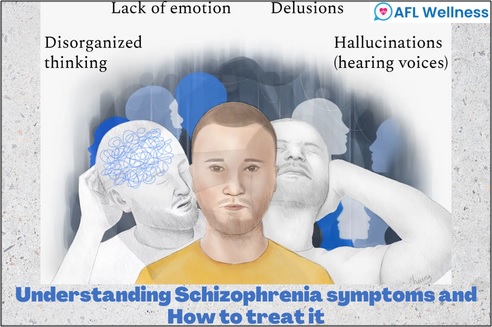
What Are The Types of Schizophrenia
- Catatonic Schizophrenia: Signs of catatonic Schizophrenia may include: A state close to unconsciousness, catalepsy (trance seizure with the rigid body), waxy flexibility (limbs stay in the position another individual puts them in).
- Paranoid Schizophrenia: The most common form of Schizophrenia is the fear that someone is trying to harm you willingly.
- Undifferentiated Schizophrenia: This is not commonly found. Schizophrenia has some interrelated symptoms compared to other symptoms or effects of Schizophrenia, such as delusions or hallucinations.
- Hebephrenic Schizophrenia: The type of disease in which one responds to the situation with false beliefs and hallucinations is foolish or bizarre.
- Residual Schizophrenia: This is a situation where there are no such delusions.
What Are The Symptoms Of Schizophrenia And Risks Associated With It
Schizophrenia requires lifelong therapy, even when signs have subsided. Treatment with medicines and psychosocial treatment can help manage the condition.
A psychiatrist experienced in treating Schizophrenia usually guides treatment and helps in therapy. The treatment group also may include a psychologist, social worker, psychiatric nurse, and possibly a case manager to coordinate care. The full-team approach may be available in clinics with expertise in schizophrenia treatment; a psychiatrist who treats Schizophrenia guides treatment and helps in therapy. The treatment group also may include a psychologist, social worker, psychiatric nurse, and possibly a case manager to coordinate care. The full-team technique may be available in hospitals with expertise in schizophrenia therapy.
Many related symptoms of Schizophrenia are associated with an individual, such as feeling delusional, which is associated with false beliefs and doesn't exist in reality. Hallucinations are usually things that cannot be seen or touched, don't have their existence, and are disorganised thinking or speech. Hence, this disease's extreme combination of abnormal thinking or behaviour is normal. Moreover, there are many negative symptoms as well, such as. It reduces the lack of ability to perform normally. For instance, an individual who takes a bath may ignore personal hygiene and appear to lack emotion (doesn't make eye contact, doesn't look in the eyes, doesn't express emotions, or speaks normally).
Schizophrenia Causes and Its Effect on Mental Health
Research suggests a combination of physical, genetic, psychological, and environmental factors can make a person more likely to develop the condition. Some people may be prone to Schizophrenia, and a stressful or emotional life event might trigger a psychotic episode.
Hence, the individual who loses interest in everyday activities socially withdraws or cannot experience pleasure or joy in life. Hence, symptoms can change over time, with years of decline and remission of signs. Some symptoms may always be present. In males, schizophrenia signs generally begin in the early to mid-20s. In females, signs generally start in the late 20s. It's unusual for youngsters to be diagnosed with Schizophrenia and rare for those older than 45.
Explore the common causes of Schizophrenia, its deadly effects, and the treatment used.
Schizophrenia patient requires intense medical attention and treatment through diagnosis. The most common types of therapy for Schizophrenia possess Cognitive behaviour therapy (CBT). This therapy helps you change how you think and respond to things. It also prepares you to deal with adverse emotions by feeling about them differently, so you feel good rather.
Illicit drug and alcohol use is across-the-board in people with Schizophrenia to manage or mask symptoms. Nevertheless, alcohol and drug use can create acute schizophrenic episodes. It may also affect your medication and triggers you to go off plan.
- Psychotherapy: Psychotherapy is a kind of treatment of mental illness provided by a trained mental health professional.
- Medication: Medication does not 100% cure a patient. However, it can help an individual in recovery.
- Hospitalisation
- Support Group
- Complementary & Alternative Medicine
- Self Help Plan
- Peer Support
Medication helps improve related symptoms as mental health conditions, such as antidepressants and antipsychotics, react well to medicine.
Psychotherapy
The nature of positive signs is such that they push people with Schizophrenia to lose touch with reality. This means that they need to be brought back to existence for them even to comprehend the occurrence of the disease," Medicines play a crucial role in this procedure. However, it takes a week or two for the medicine to start working.
The process is that psychiatrists consider the person with Schizophrenia and then gauge the antipsychotic medication that might help. Sometimes the person might have to rearrange the medicines a little to provide optimal retrieval.
Rehab for Schizophrenia - Treatment for Mental Disorder
Cognitive retraining has proven to be useful in patients with Schizophrenia. Cognitive retraining improves cognitive functions. It augments social and occupational functioning. When it is used in conjunction with family intervention, improvement in interpersonal relationships is seen.
One of the numerous consequential risk factors for Schizophrenia may be genes.
- Structural differences in the brain.
- Chemical changes in the brain.
- Complications at the time of pregnancy.
- Trauma from childhood.
- History of drug usage.
- Mental disorder treatments.
Schizophrenia rehab centres in India - Get your loved one treated
Many rehab centres in India help treat mental disorders through psychotherapy and speech therapy, where one is introduced to the social environment. AFLwellness rehab near NCR treats patients struggling with mental health disorders like Schizophrenia. Their holistic recovery pattern helps move individuals from Schizophrenia to completely normal. They help in getting life back on track through their holistic approach.
Constant therapies and outpatient programme helps individual fight back with more energy to overcome not only schizophrenia disease but also the associated factors. Natural remedies and medication help make the healing process more effective and efficient.

